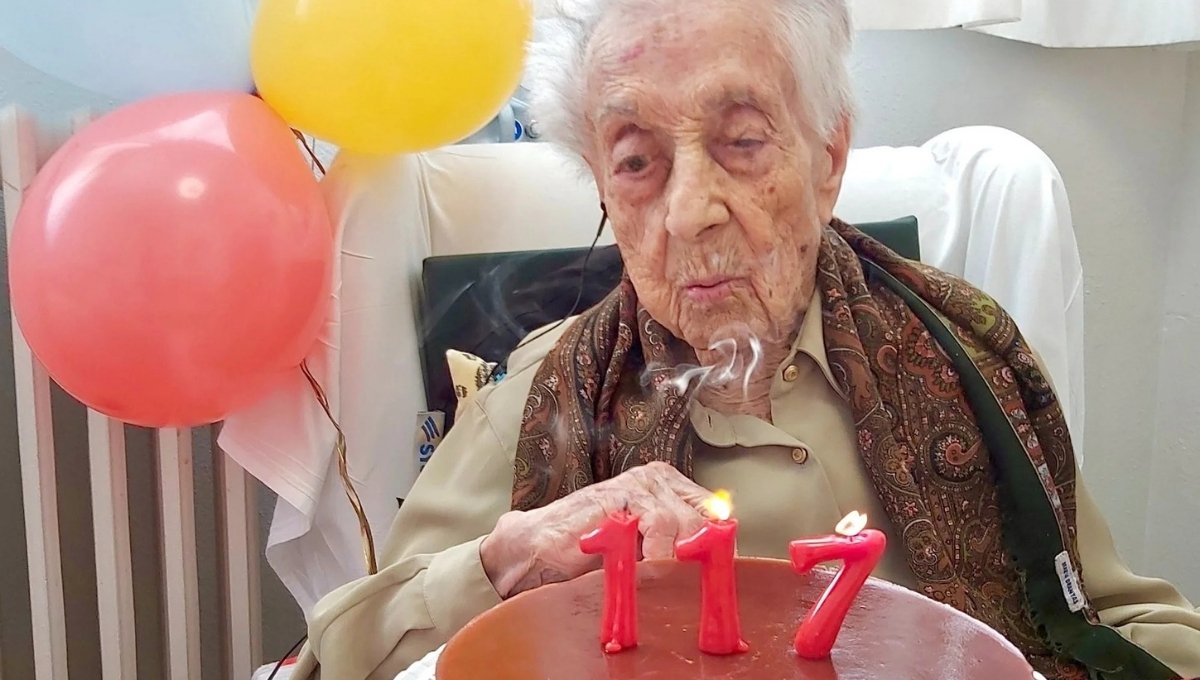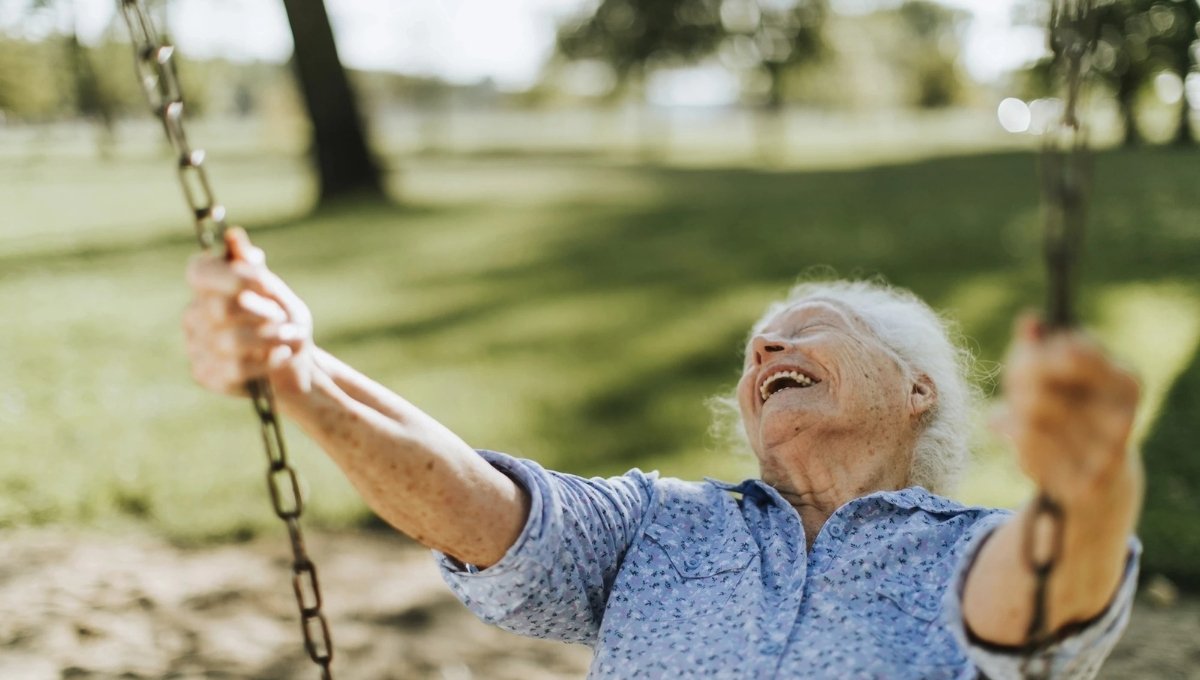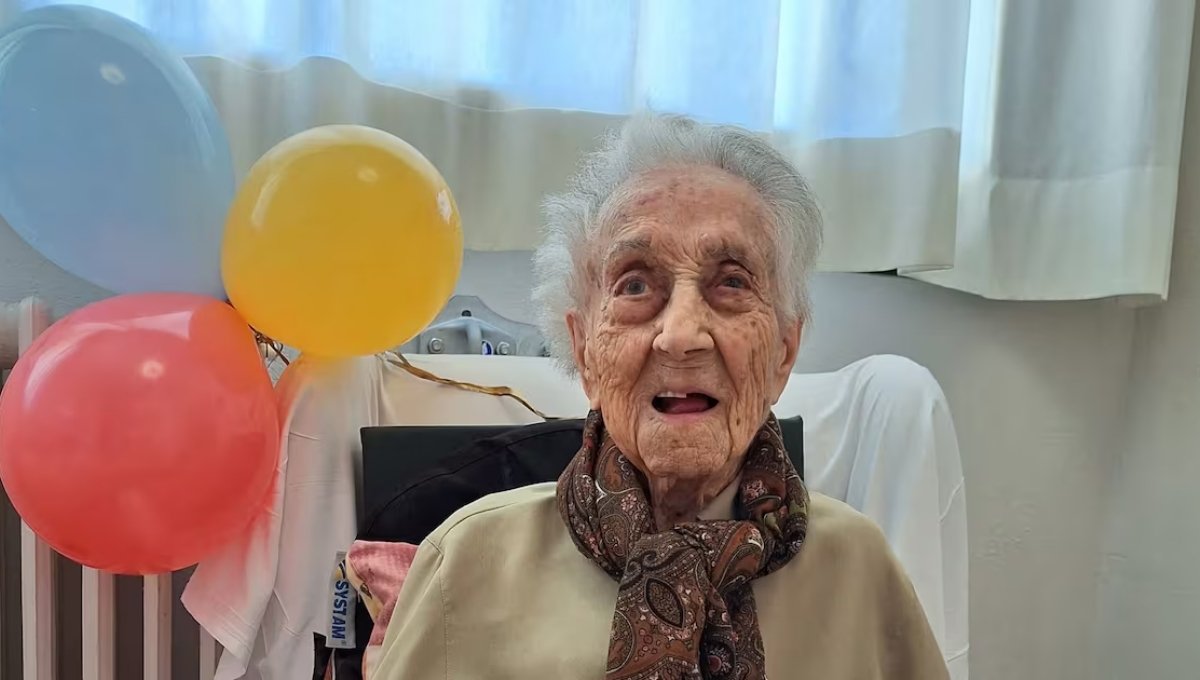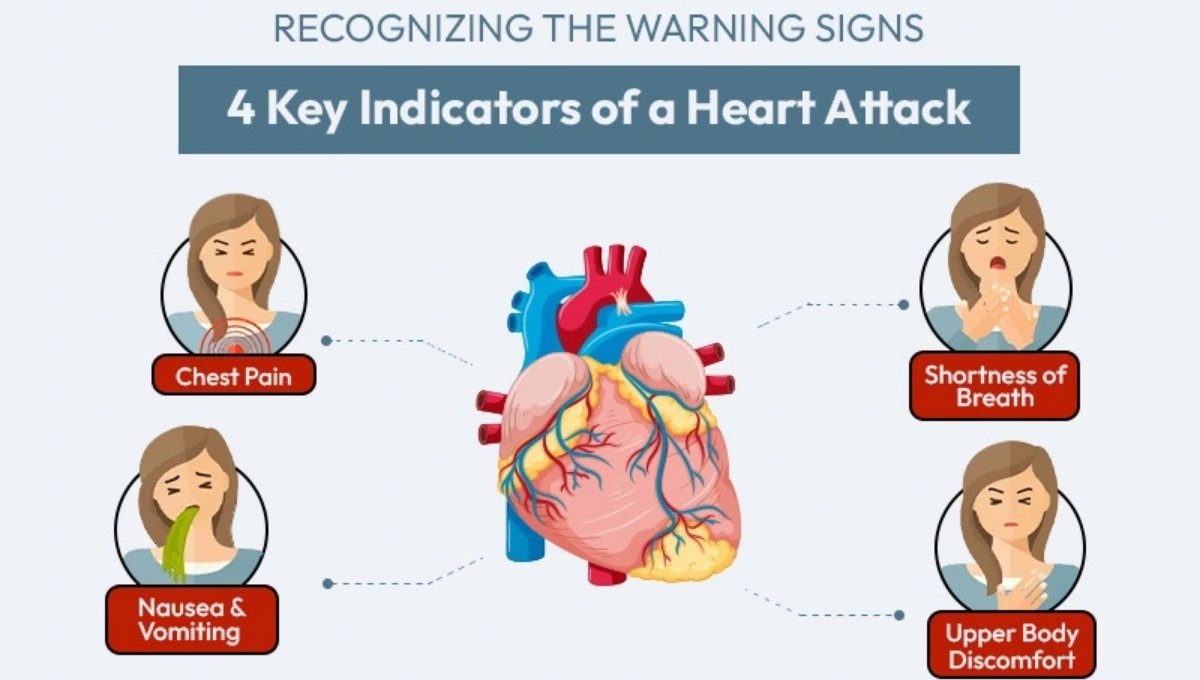117-Year-Old Health Study: According to a recent health study, immunology, lifestyle, and heredity all contribute to unusual longevity. According to the study, Maria Branyas Morera, who is 117 years old, lived a long life because of her strong metabolism, youthful microbiota, protective genes, and low levels of inflammation.
Maria Branyas Morera’s Life and Background

Born in San Francisco in 1907, Maria Branyas Morera later relocated to Spain as a child. The majority of her life was spent in Catalonia, where women typically live to be 86 years old. This was exceeded by Maria, who at 117 years and 168 days became the oldest living person in the world. Researchers were able to learn more about the elements that led to her long and healthy life by looking at her lifestyle and personal history. Compared to other supercentenarians, this study emphasizes her distinct biological and environmental traits.
117-Year-Old Health Study: Study Objectives and Methodology
Maria Branyas Morera was the subject of a multiomics investigation by researchers using samples of her blood, urine, saliva, and stool. To determine the genetic and biological mechanisms that contributed to her longevity, this data was contrasted with those of a group that was not supercentenarian. Proteomic analysis, immune cell types, and telomere length received special attention. This showed that her body has significant amounts of anti-aging biomarkers.
Genetics and Longevity
Protective genetic variations can slow down the aging process, as this health study shows. Maria was shielded from age-related illnesses including Alzheimer’s and heart disease by her genes. Her remarkable longevity was also attributed to the unusual protective alleles in her DNA, according to the research.
Lifestyle Factors and Health
Another important contributing reason to Maria Branyas Morera’s long life was her way of living. Her body and mind remained young thanks to a healthy diet, modest exercise, and mental health.
The Microbiome and Immunity Role

Additionally, the study demonstrated that their healthy immune systems and young microbiota shielded them from infections and long-term illnesses. This information is essential for creating biomarkers and future anti-aging tactics.
Science and Future Directions
This study shows that a longer lifetime can result from striking a balance between lifestyle and genetics. We can better manage the aging process thanks to studies like this one.
Also read:
Benefits of Laughing: How a Simple Smile Can Boost Health, Reduce Stress, and Add Years to Life
Boost Hormone Health: 7 Easy Habits That Can Transform Your Life
Lifestyle Changes to Manage Diabetes: Easy Tips for a Healthier Life














